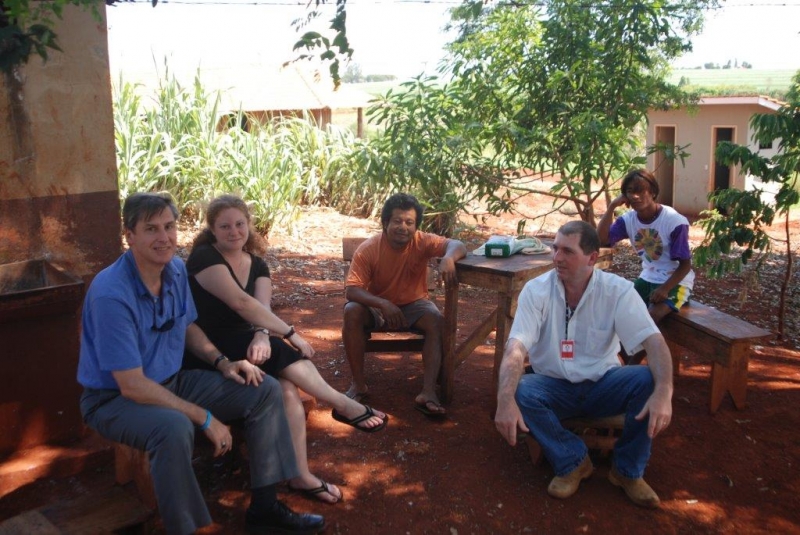 Water is essential for human health and well-being, sustains livelihoods, food security, and ecosystems, and is integral to economic development. Yet, an estimated 2.3 billion people live in water-stressed countries. While this scarcity can be physical, it is often a result of poor governance. The impacts of climate change and increasing demands of freshwater for agriculture, energy, municipal and industrial uses as the global population continues to grow will only exacerbate this dire situation. How communities and countries govern their shared water resources is central to achieving food and water security, poverty alleviation, and sustainable economic development.
Water is essential for human health and well-being, sustains livelihoods, food security, and ecosystems, and is integral to economic development. Yet, an estimated 2.3 billion people live in water-stressed countries. While this scarcity can be physical, it is often a result of poor governance. The impacts of climate change and increasing demands of freshwater for agriculture, energy, municipal and industrial uses as the global population continues to grow will only exacerbate this dire situation. How communities and countries govern their shared water resources is central to achieving food and water security, poverty alleviation, and sustainable economic development.
The laws, policies, and institutions governing water resources determine how decisions regarding water resources are made, who has a voice in making those decisions, and how conflicts among various sectors are resolved. Since 2005, ELI’s International Water Program (IWP) has worked with partners throughout the world to foster effective, inclusive, accountable, and resilient water laws and institutions at the local, national, and transboundary levels. Our projects promote sustainable and equitable management of our planet’s freshwater resources. Through applied research, technical assistance, capacity strengthening and training, the IWP works in partnership with communities, civil society, governments, and other stakeholders to find innovative solutions to some of our most challenging water governance issues.
What Is the IWP Doing?
Water Tenure: Strengthening Legal Protections for Indigenous Peoples and Local Communities' Water Rights and Recognition of Customary Water Tenure Rights
Gender Equitable Water Governance: Women's Water Diplomacy in the Nile Basin and Women's Water Tenure
Strengthening Water Laws, Compliance and Enforcement: Training Ethiopia's Water Sector and Building Local Water Governance Capacity in Zimbabwe
Climate Resilient Water Governance
Transboundary Water Governance